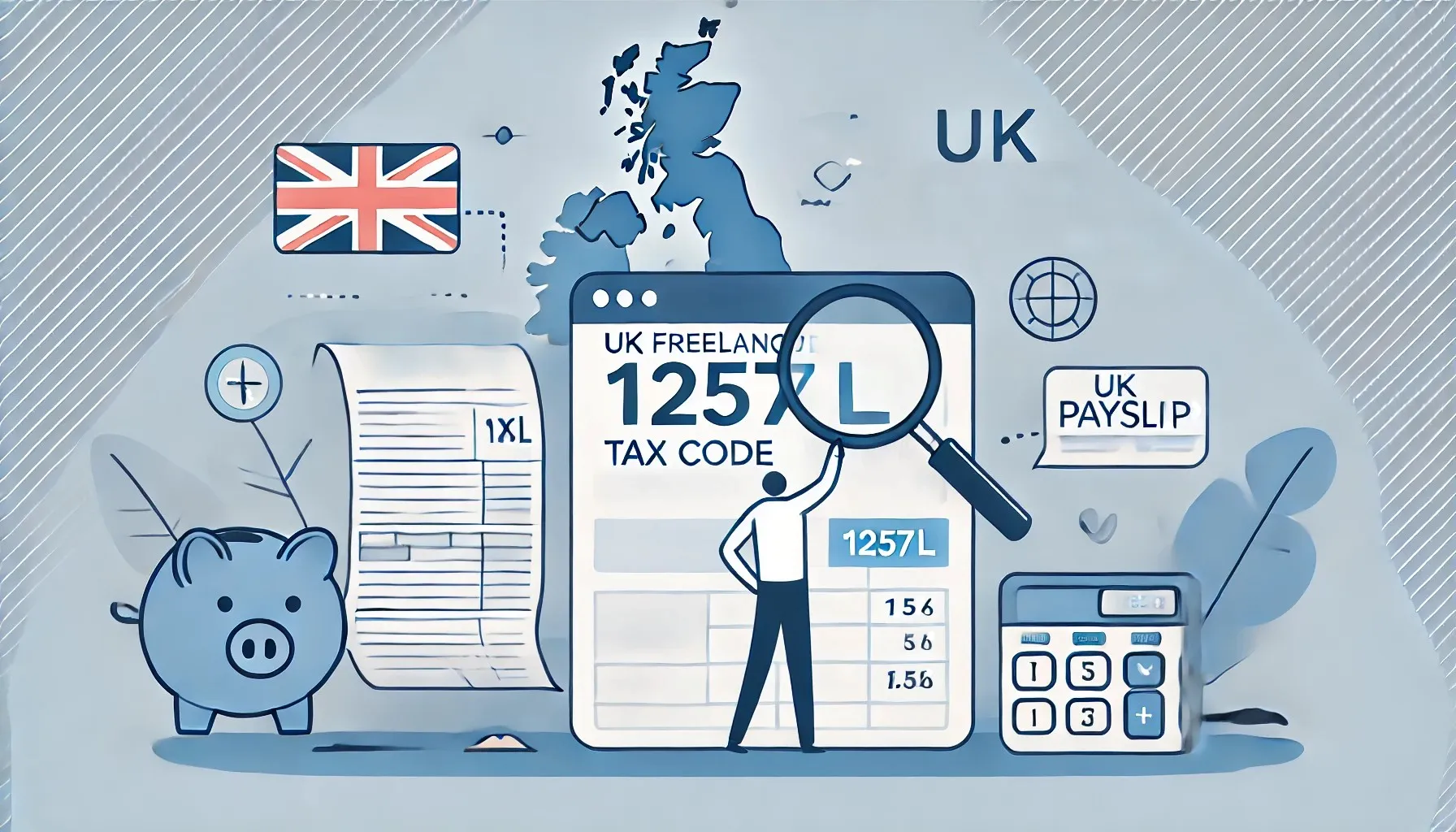Choosing between a Sole Trader or Limited Company setup
- 22 March 2025

Sole Trader vs. Limited Company: Key Differences Explained
When deciding between becoming a sole trader or registering a limited company, understanding the differences is crucial. The primary distinction lies in the legal status of the business and how risks, taxes, and profits are handled.
Sole Trader: The Simple, Direct Approach
As a sole trader, you and your business are considered a single legal entity. This structure is straightforward, and you are personally responsible for all aspects of the business, including both its profits and its liabilities. If your business faces financial trouble, your personal assets, such as savings or even your home, could be at risk.
A sole trader business can only have one owner; there’s no room for multiple shareholders or directors.
Taxation for Sole Traders: You’ll pay income tax on all your business profits, and if the business does well, your tax obligations increase accordingly. The higher your profits, the higher your tax liability, which is important to keep in mind if you’re aiming to maximise your earnings.

Explore the options for structuring your business to maximise efficiency and protect personal assets.
Pros of Being a Sole Trader:
- Full control: You keep all the profits after tax.
- Easy setup: The registration process is minimal, just a simple Self Assessment form.
- Tax efficiency for smaller businesses: More beneficial for businesses with lower profits (typically under £50,000).
- First-year loss relief: Early losses can be used to reduce your tax bill in future years.
Cons of Being a Sole Trader
- Unlimited liability: You are personally liable for any business debts.
- Difficult to sell or pass on: Harder to transfer ownership or sell the business.
- Limited growth opportunities: Raising finance can be more difficult.
- Less tax-efficient as profits rise: Above £50,000, being a sole trader may become less tax-efficient.
Limited Company: A Separate Legal Entity
A limited company is legally separate from its owners (directors and shareholders). This means the company’s liabilities are not your personal responsibility. You can also have multiple shareholders, making it easier to bring in investors or partners.
Taxation for Limited Companies
Limited companies have more flexibility when managing income. As a director, you can:
- Pay a salary (subject to PAYE)
- Draw dividends (taxed at lower rates)
- Retain profits in the company to defer tax
Corporation Tax is charged on company profits at a flat rate, and you’re not required to withdraw all profits each year.
Check out our calculator for working out the taxes depending on your combination of dividends & salary (hint: there is an optimal mix).
Pros of Being a Limited Company
- Limited liability: Personal assets are protected.
- Tax efficiency: Dividends and retained earnings offer planning flexibility.
- Business continuity: Easier to sell or transfer.
- Professional image: Seen as more credible by clients and lenders.
- Pension benefits: Company contributions reduce corporation tax.
- Multiple shareholders: Easier to scale and attract investment.
Cons of Being a Limited Company
- More complex setup: Requires Companies House registration.
- Ongoing admin: You must file annual accounts, confirmation statements, and company tax returns.
- Higher costs: Accountant and software fees typically apply.
- Public disclosure: Company accounts and ownership details are visible to the public.
Which Is Right for You?
Choosing between structures depends on:
- Your profit level
- Growth plans
- Risk tolerance
- Desire for simplicity vs control
Example: A sole trader earning under £50,000 may benefit from the simplicity and lower costs of that structure. But once profits exceed £50,000, a limited company can offer savings of around £1,700 annually due to lower tax rates (PensionBee, 2024).
However, these savings must be balanced against the added admin and typical accountant fees of £50-£80/month (GoSimpleTax, 2024).
Registering Your Business
As a Sole Trader
- Register with HMRC for Self Assessment
- Submit annual tax returns
- Pay Income Tax and National Insurance on profits
- VAT registration if turnover exceeds £90,000
As a Limited Company
- Choose a unique name with “Ltd” or “Limited”
- Register with Companies House
- Register for Corporation Tax
- Set up a director and shareholder structure
- Prepare Articles of Association
Switching from Sole Trader to Limited Company
You can start as a sole trader and incorporate later. To switch:
- Register the new company
- Inform HMRC of the change
- Transfer assets and contracts as needed
Making the Right Choice: Sole Trader or Limited Company?
Sole traders enjoy simplicity and direct control, while limited companies offer greater protection and tax efficiency as businesses scale. Visit our Business Structure page for more information.
Need help deciding which route to take? SBX Accountants can guide you through the pros and cons of each structure and help you register your business in the most tax-efficient way. Reach out today to get started.





